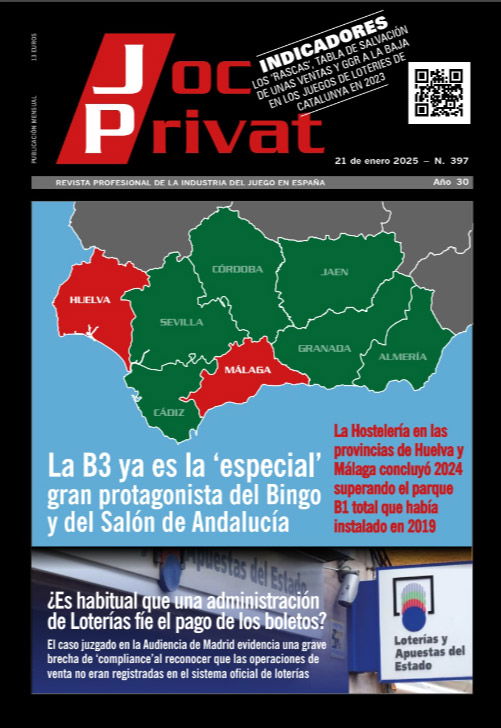Atlantic City commission to assess effectiveness of casino PILOT program

A newly established commission will evaluate the effectiveness of Atlantic City’s casino payment-in-lieu-of-taxes (PILOT) program, which allows casinos to pay an industry-wide assessment based on gross gaming revenue rather than traditional property taxes.
The commission’s review will also examine the city’s financial stability, the impact of state oversight, and the long-term viability of the PILOT structure as discussions continue about whether the program should be extended beyond its scheduled expiration next year.
The commission was originally mandated in the 2016 PILOT legislation but was omitted in the 2021 revisions. Despite its removal from the updated law, state officials have confirmed their commitment to forming the commission and carrying out the review. According to the 2016 law, the commission was supposed to begin work on January 1, 2025, and issue a final report by July 1.
However, Atlantic County Executive Dennis Levinson and State Sen. Vince Polistina, R-2nd, stated earlier this week that they have not yet received any communication from the governor’s office regarding its formation or progress.
The commission’s findings are expected to influence key financial policy decisions regarding Atlantic City’s reliance on PILOT payments. Mike Chait, president of the Greater Atlantic City Chamber, highlighted the importance of a thorough and data-driven review, incorporating input from small businesses, casinos, and local residents.
Chait noted that the commission’s work will have long-term implications for the economic future of the city. “The decisions made here will shape Atlantic City’s economic foundation for years to come,” Chait said.
Since 2016, the PILOT program has provided financial stability to Atlantic City by preventing repeated casino property tax appeals. The city received $51.6 million in PILOT revenue in 2023 and $48.5 million in 2024.
However, revisions to the program in 2021 removed online gaming and online sports betting revenue from the calculation of gross gaming revenue, reducing the tax obligations of casinos by approximately $55 million annually.
The state justified these changes by citing increased competition from neighboring states and financial setbacks caused by the COVID-19 pandemic. The revisions were aimed at ensuring the continued success of the casino industry and preventing potential closures.
The changes to the program have been met with legal opposition. Atlantic County has filed a lawsuit arguing that the 2021 amendments violate a 2018 consent agreement between the state and the county. County officials contend that the revised PILOT structure unfairly reduces the financial obligations of casinos at the expense of local government funding.
As discussions about the program’s future continue, former state Senate President Steve Sweeney, a co-sponsor of the 2021 PILOT revisions, has called for an open and transparent public review process. He stated that while there may be disagreements, the process must be conducted in full view of the public to ensure accountability.
Economist Jim Kennedy, former executive director of the Casino Reinvestment Development Authority, has also voiced support for public discussions, arguing that transparency is essential for maintaining trust in the review process.
The commission will consist of seven members, including a public representative appointed by the governor, the commissioner of the state Department of Community Affairs or a designee, the mayor of Atlantic City or a designee, the Atlantic County executive or a designee, a casino industry representative appointed by the governor, a representative of a casino employees’ union appointed by the governor upon the recommendation of the Senate president, and a representative of the Atlantic City business community appointed by the governor upon the recommendation of the Assembly speaker.
The business representative must be a resident of Atlantic City and must not be employed by a casino to ensure that non-gaming business interests are represented in the discussions.

















































